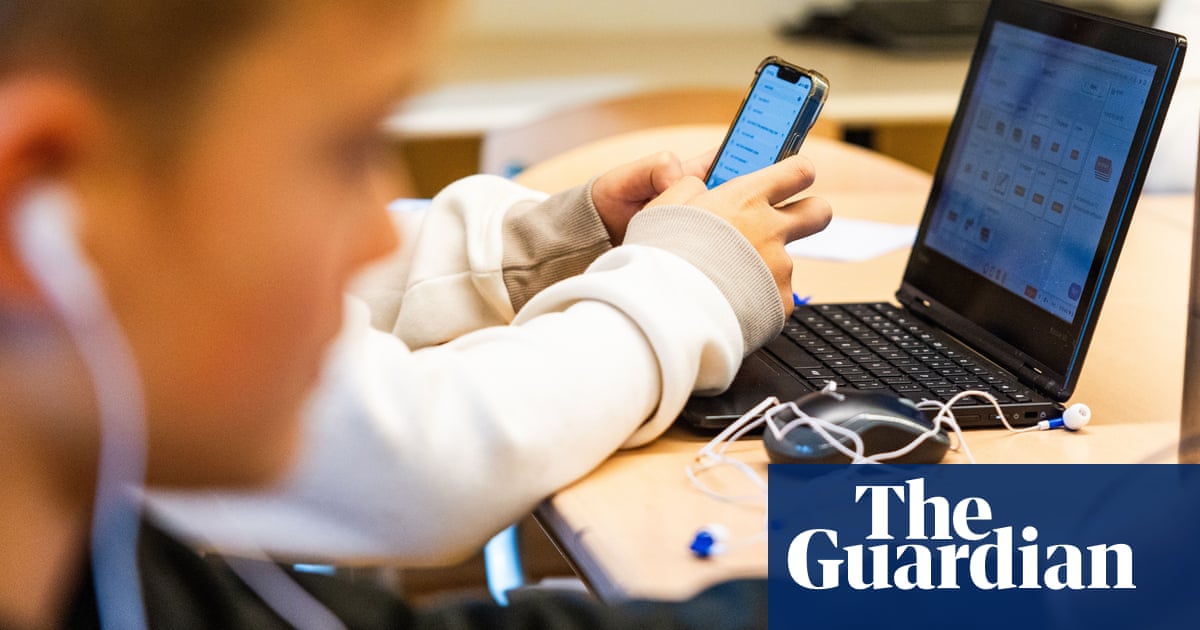More than 4,000 parents have joined a group committed to barring young children from having smartphones, as concerns grow about online safety and the impact of social media on mental health.
The WhatsApp group Smartphone Free Childhood was created by the former school friends Clare Fernyhough and Daisy Greenwell in response to their fears around children’s smartphone use and the “norm” of giving children smart devices when they go to secondary school.
“I’ve got a seven- and nine-year-old. Daisy’s got kids of a similar age and we were both feeling really horrified and worried and just didn’t want them to have smartphones at 11, which seems to be the norm now.”
Fernyhough and Greenwell hoped the movement would embolden parents to delay giving their children smartphones until at least 14, with no social media access until 16.
But what they expected to be a small group of friends who help “empower each other” has turned into a nationwide campaign after the group reached the 1,000-person capacity within 24 hours of Greenwell uploading an Instagram post to promote it.



This is the best summary I could come up with:
More than 4,000 parents have joined a group committed to barring young children from having smartphones, as concerns grow about online safety and the impact of social media on mental health.
Daisy’s got kids of a similar age and we were both feeling really horrified and worried and just didn’t want them to have smartphones at 11, which seems to be the norm now.”
Fernyhough and Greenwell hoped the movement would embolden parents to delay giving their children smartphones until at least 14, with no social media access until 16.
Smartphones expose children to a “world that they are not ready for” because they can access pornography and content on self-harm and suicide, which can have a detrimental impact on their mental health, Fernyhough said.
Esther Ghey, the mother of Brianna Ghey, called earlier this week for a complete ban on social media access for under-16s, and said more people will have mental health issues unless tech companies take action to restrict access to harmful content.
“They can live their childhood as they should do, focus on their learning and enjoy the real world without having to spend their life scrolling, which we all know is not good for them.”
The original article contains 610 words, the summary contains 200 words. Saved 67%. I’m a bot and I’m open source!